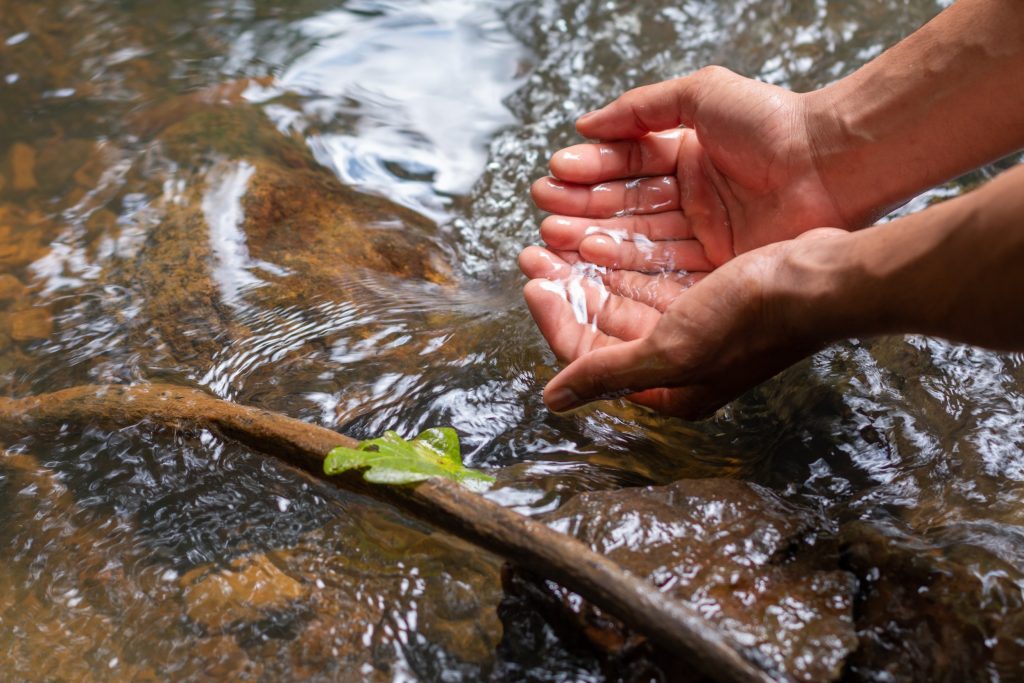Ever wonder what happens to the water after it swirls down your drain? There’s a whole world of skilled professionals working behind the scenes to make sure it doesn’t harm our rivers, lakes, or oceans. Let’s dive into how wastewater experts help keep our waterways clean and safe—and why their work is so important.
Wastewater Treatment Facilities: Nature’s Unsung Heroes
Think of wastewater treatment plants as the guardians of our water. Their job? Catch and clean up everything from household waste to industrial gunk before it ever reaches the environment. Companies like All Kind Wastewater specialize in these essential services, ensuring that our water resources stay protected.
Here’s what they focus on:
– Catching contaminants: Stopping nasty stuff (like chemicals, bacteria, and trash) from polluting rivers and lakes.
– Maintaining strong infrastructure: Keeping pipes and equipment in top shape to avoid leaks or accidental spills.
– Protecting health: Making sure the water released is safe for people, animals, and plants.
How Do They Clean Up the Mess? The Step-by-Step Process
- Primary Treatment: Getting the Big Stuff Out
– Screening: Giant filters catch big debris (think: wipes, sticks, plastic).
– Sedimentation Tanks: Heavy bits settle at the bottom, making it easier to handle what’s left.
- Biological Treatment: Microbes to the Rescue
– Microbial Magic: Tiny organisms munch on leftover organic matter.
– Aeration: Adding oxygen helps these microbes break down pollutants faster.
– Nutrient Removal: Microbes also help manage nitrogen and phosphorus, which can mess up ecosystems if there’s too much.

- Chemical Cleanup: Targeting the Tough Stuff
– Absorption: Chemicals or special materials grab onto pollutants like heavy metals.
– Advanced Oxidation: Powerful reactions break down stubborn contaminants, including some medicines and pesticides.
Cool Technologies Making a Difference
Wastewater treatment isn’t just about tanks and pipes anymore. Here’s what’s shaking up the industry:
– Smart Sensors: Real-time data on water quality helps catch issues right away.
– Membrane Filtration: Super-fine filters remove bacteria, viruses, and even dissolved chemicals.
– Automation: Systems that adjust themselves mean fewer mistakes and more efficient treatment.
Keeping Tabs: Monitoring Water Quality
Spotting trouble early is half the battle. That’s where monitoring comes in:
– Regular testing for: pH, dissolved oxygen, nutrients, and contaminants.
– Smart tools: Geographic info systems (GIS) and automated data analysis spot trends and flag problems fast.
– Quick action: If something’s off, experts can tweak treatment methods or send alerts to authorities.
Industrial Wastewater: Special Challenges, Special Solutions
Factories and big industries create unique wastewater challenges. Here’s how experts tackle them:
Treatment Steps
– Advanced filtration: For heavy metals and complex chemicals.
– Sludge management: Safely dealing with what’s left after cleaning.
– Ongoing monitoring: Checking pH, turbidity, and chemical oxygen demand.
Playing by the Rules
– Compliance audits: Regular check-ups to make sure everything’s legal and safe.
– Documentation: Keeping detailed records to show regulators.
– Proactive updates: Staying ahead of changing laws.
What If Something Goes Wrong?
– Emergency plans: Ready to contain and clean up spills quickly.
– Coordination: Working with agencies and disposal experts.
– Accurate reporting: Keeping everyone informed and accountable.
Why Following the Rules Matters
It might sound boring, but regulatory compliance is the backbone of water safety. Audits, paperwork, and strict protocols help:
– Protect public health
– Avoid fines and legal trouble
– Maintain trust with the community
Innovation: The Future Is Bright (and Green!)
Wastewater treatment is getting smarter and more sustainable every year. Here’s what’s new:
– Membrane bioreactors: Combine filtering and biological treatment in one.
– Energy recovery: Using waste to generate electricity.
– Automation and real-time monitoring: Smarter, faster response to issues.
Wastewater Disposal: Caring for Ecosystems
Getting rid of wastewater isn’t just about getting it out of sight. Done right, it:
– Prevents pollution: Stops chemicals, nutrients, and pathogens from harming wildlife.
– Restores habitats: Clean water helps nature bounce back.
– Maintains balance: Reduces the risk of algal blooms and other problems.
Getting the Community Involved
Wastewater experts can’t do it alone! Public education is key:
– Workshops: Teach people how to dispose of waste properly.
– Outreach campaigns: Spread the word on social media and at local events.
– Data-driven messages: Address specific myths or risks in your area.
When people know better, they do better—and everyone benefits!
What’s Next for Wastewater Treatment?
The industry is moving towards:
– More sustainable practices: Less energy, fewer chemicals, more recycling.
– Decentralized systems: Smaller, local plants that take the pressure off big facilities.
– Continued innovation: New tech, better monitoring, and smarter management.
Bottom line: Wastewater experts are the silent protectors of our waterways. Thanks to them—and a little help from the community—our rivers, lakes, and oceans are cleaner, safer, and healthier for everyone.
Have questions or want to know how you can help? Reach out to your local water authority or join a community workshop. Clean water is everyone’s business!
